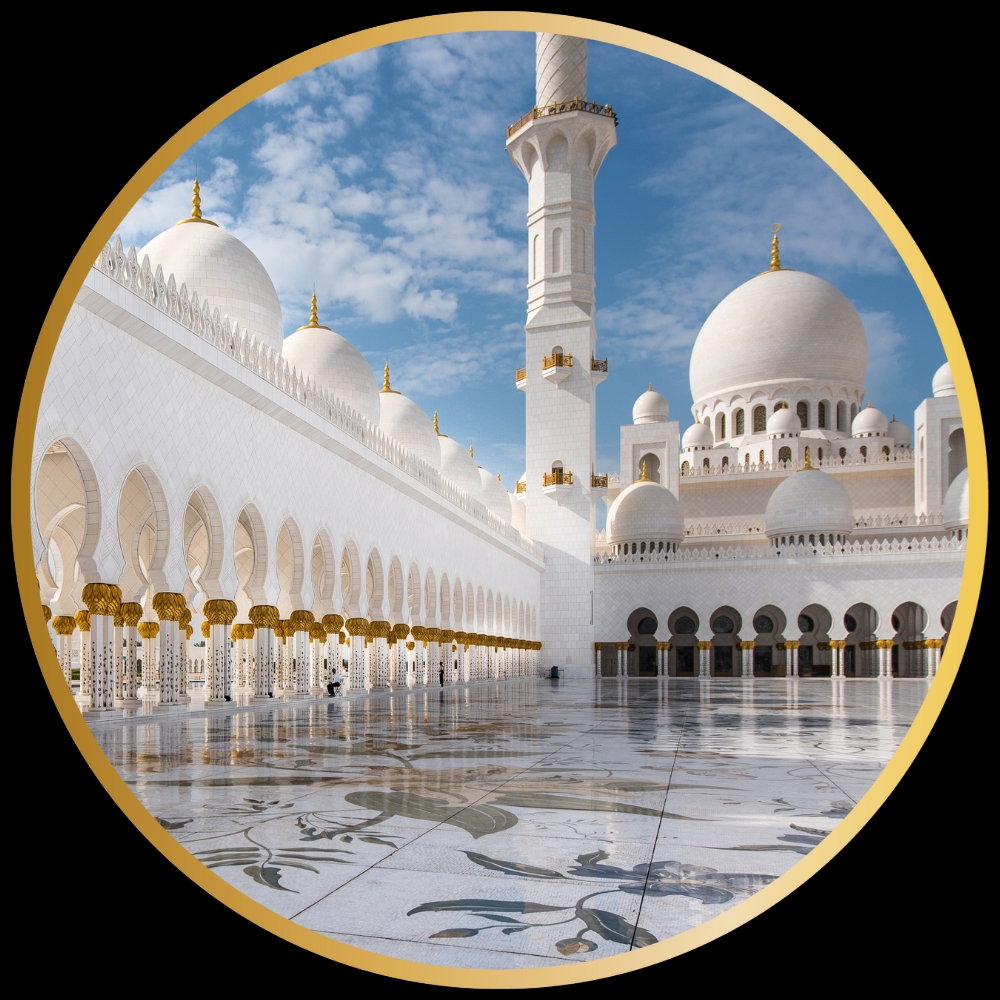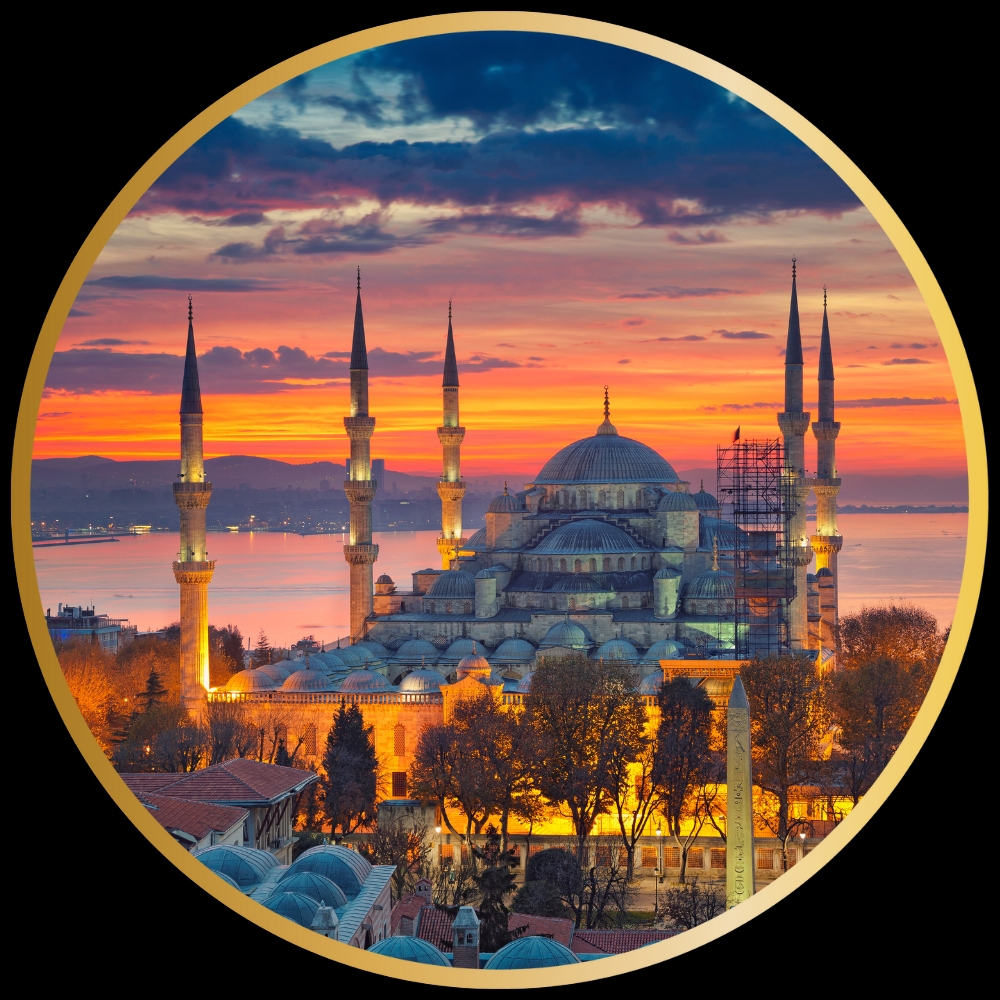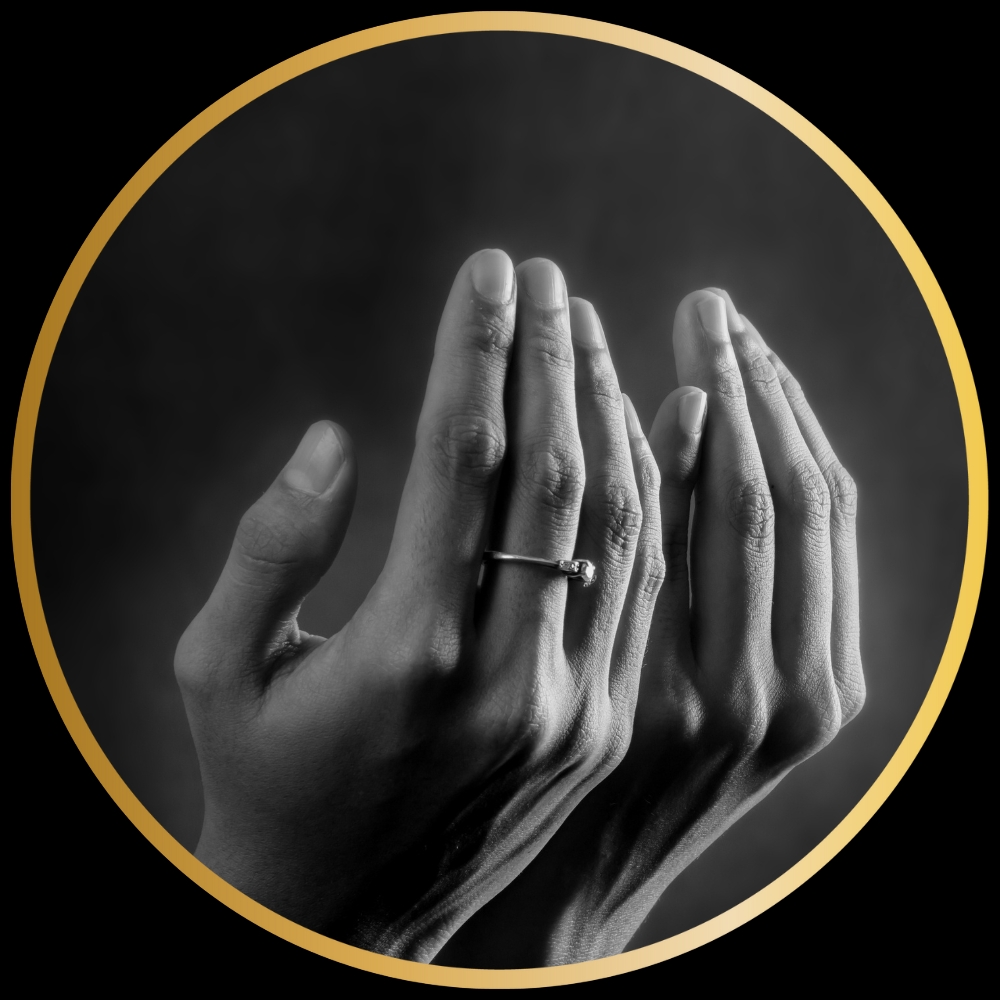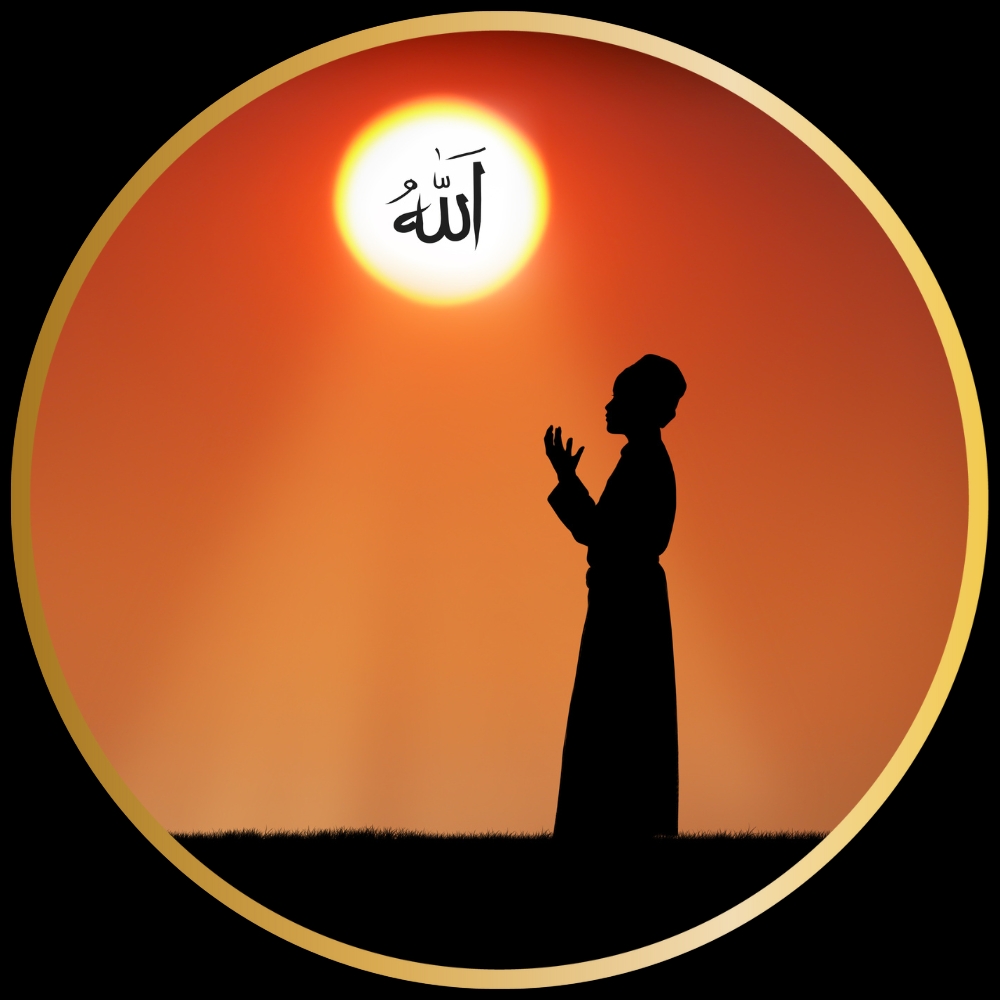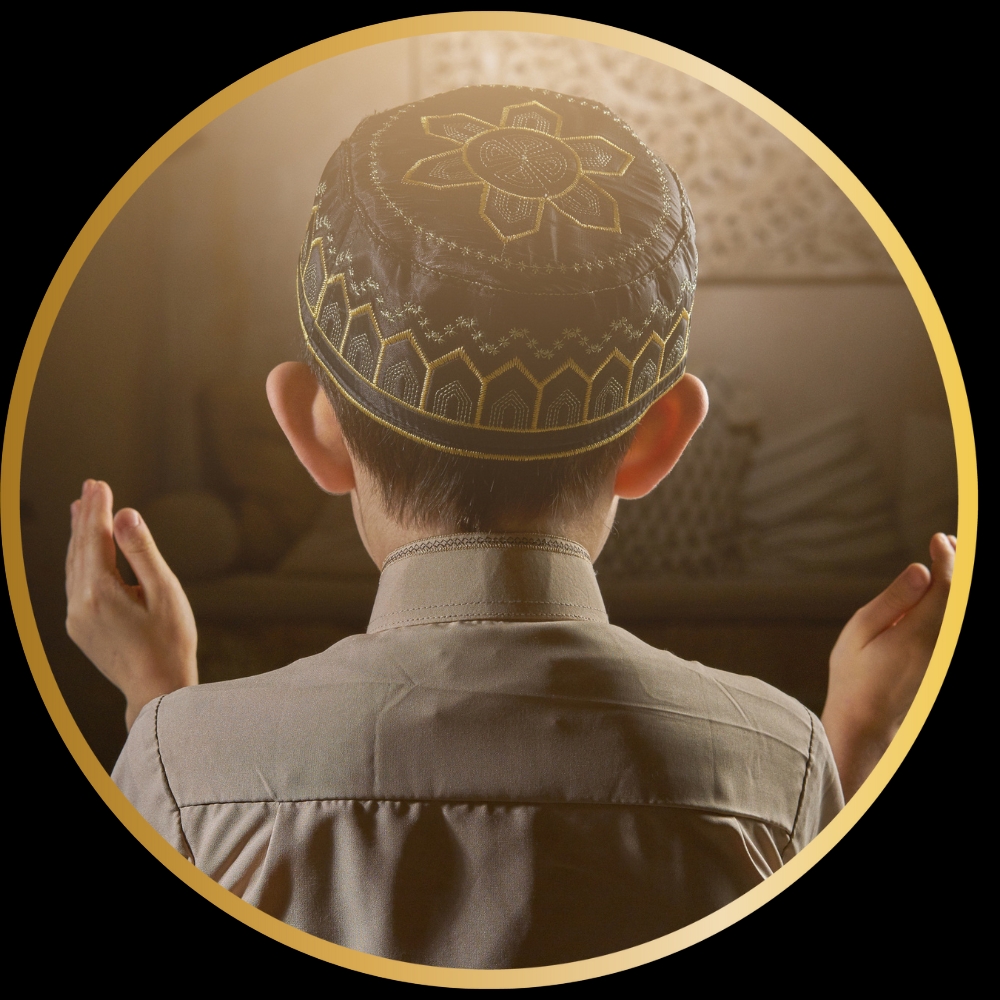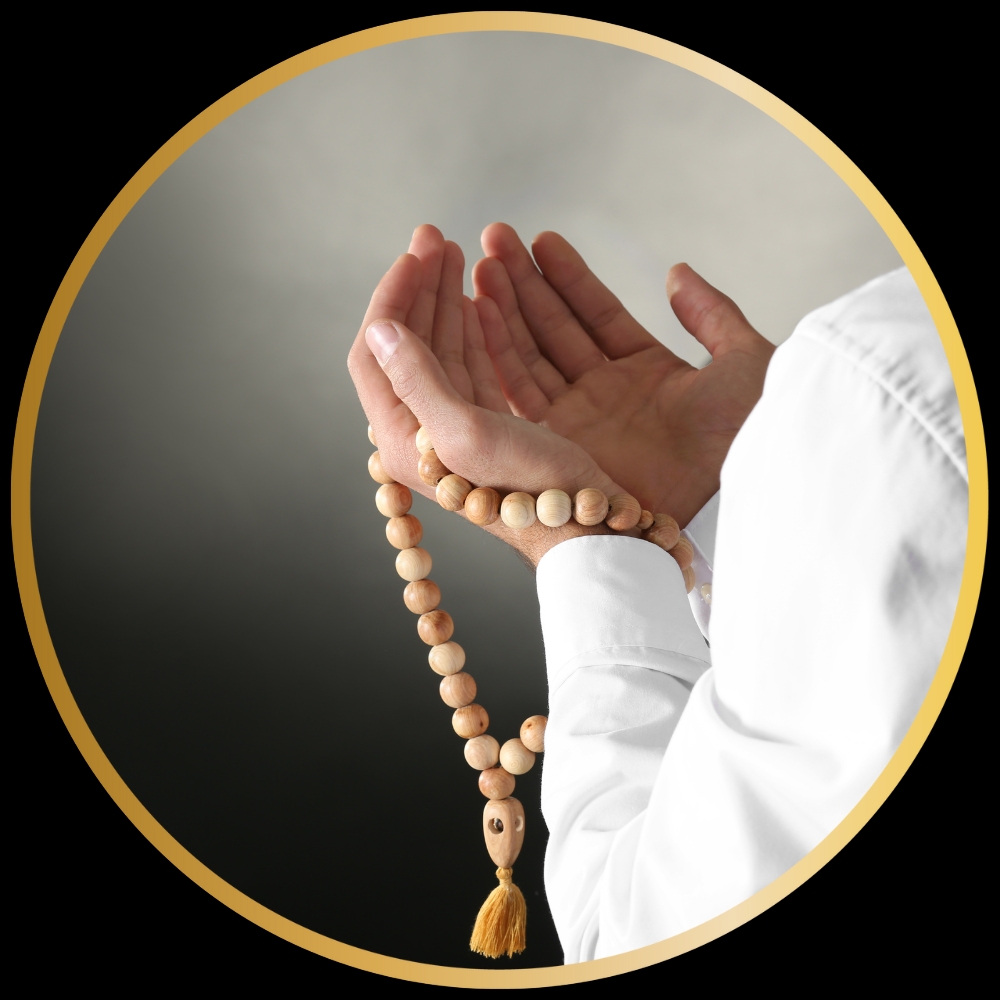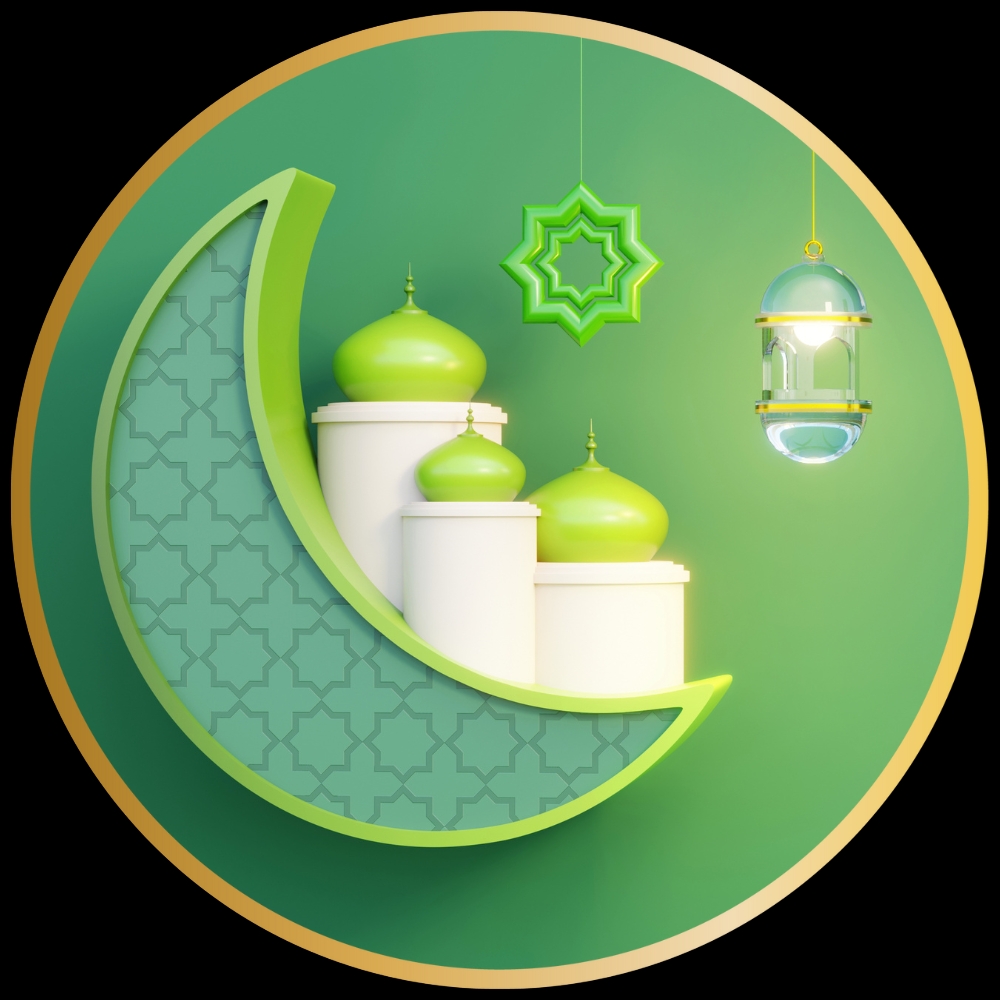Hello friends, welcome to your website Mixing Images. Friends, today’s post is going to be very special because today we have brought for you – Islamic DP, Islamic DP For Whatsapp, Islamic DP New, Islamic DP Girl, Islamic DP Images, Best Islamic DP For Whatsapp, Cute Islamic DP, Dua Islamic DP.
Best 20+ Islamic DP
What is Islam?
About 2 billion people follow Islam around the world, representing about a quarter of the world’s population. Followers of Islam are called Muslims. Muslims live throughout the world but are mainly found in the Middle East, West Asia, North Africa, Central Asia, India, China, Indonesia, the United States, Australia, and parts of Europe. While Islam originated in Arabia, only 20% of the world’s Muslims are Arabs. About 30% are from Pakistan, India and Bangladesh, while the other 13% are in Indonesia. Islam is the second largest religion in the world after Christianity.
Birth Of Muhammad
Islam originated in Mecca (also spelled Mecca) in modern-day Saudi Arabia, where Muhammad was born in 570 CE. Muslims believe that Muhammad is the last prophet or messenger of the one true God. It is important to note that many Muslims consider it disrespectful to depict or depict the Prophet Muhammad, so in these activities he is depicted only by a silhouette.
Muslims also say “Peace be upon him” (PBUH) after saying the Prophet’s name out of respect. In Arabic, it is “Sallallahu Alaihi Wasallam” (SAWS). You will often see “*” after Muhammad’s name in literature or “(PBUH)” to indicate this blessing. Muslims also use the phrase of respect and blessing after speaking or writing the names of other prophets in whom they believe.
Muhammad was from the Quraysh tribe, an Arab trading tribe that controlled the city of Mecca and the Kaaba, a holy place of worship. Like other tribes on the Arabian Peninsula, the Quraysh worshiped many deities. The Kaaba is believed to be built by the Prophet Abraham and his son Ishmael (in Arabic, the names are Ibrahim and Ismail) to honor the one true God.
Jews, Christians, and Muslims practice monotheism, which means they all believe in one God. They believe that they are descendants of Abraham and consider him a prophet or messenger of God. This is why they are called Abrahamic religions. Jews and Christians believe they are descended from Abraham’s second son, Isaac, while Muslims believe they are descended from Abraham’s eldest son, Ishmael.
The Quraysh benefited greatly from controlling access to the Kaaba as they would collect taxes for pilgrims to be able to worship there. In this way he accumulated immense wealth. The Kaaba was no longer dedicated to one god, but was surrounded by statues of many different deities. The society was oppressive, with a controlling and cruel wealthy class and unjust treatment of women, orphans, and the poor.
There was also racial conflict and slavery. Muhammad was an orphan and was against the injustice and inequalities around him. He is said to be full of compassion and kindness for all living things and could not abide such injustice and cruelty. Muhammad spent much of his time meditating in prayer in a cave called Hira, located on the mountain Jabal an-Nur or Mount Nur near Mecca.
Return To Mecca And Muhammad’s Successors
In 630, Muhammad marched towards Mecca with an army of 10,000 and the city surrendered without a fight. Muhammad then “purified” the Kaaba by destroying the idols of many of the gods worshiped there. The Kaaba was re-dedicated to the one true God and has been the holiest site for Muslims ever since.
After the taking of Mecca, Muhammad’s influence grew and most of the Arabian Peninsula became Muslim and united. In 632 CE, Muhammad died and was succeeded by Abu Bakr, the first Caliph. Because of this, Islam divided into two main sects: Sunni and Shia (Shia), each with its own sub-sects. Sunnis believe that Abu Bakr was Muhammad’s rightful successor after his death.
Shias believe that Muhammad’s son-in-law Ali ibn Abi Talib should have been the first caliph instead and that Muhammad chose him as his successor. The majority of Muslims around the world are Sunni, about 80–90%, while about 10–13% are Shia.
Main Beliefs In Islam
Islam is named after an action: submission to God. A Muslim is a person who submits to God. The basic meaning of the word Islam is peace, safety and security. The Arabic word for peace (salam) and the Hebrew word for peace (shalom) both come from the same root. Muslims believe that following God will bring peace. Around the world, regardless of language, most Muslims greet each other with the Arabic greeting, “Assalamu ‘alaykum!” (peace be upon you).
Muhammad believed in showing compassion towards all living things. Muslims are restricted to eating only halal meat, or meat that has been slaughtered in a humane manner, in their diet, as Muhammad believed in being respectful and compassionate toward animals as well as humans. Halal means permitted, while haram means not permitted or forbidden in Arabic. Some other major beliefs in Islam include:
Belief in one God – The Arabic word for God is Allah. Muslims believe that Allah is the most powerful and most merciful and the creator of all. They believe that Allah should be worshiped above all else and that everyone can have a direct and personal relationship with God. Instead of priests, Islam has imams who lead Muslim worshipers in prayer and serve as examples, teachers, and community leaders. Like Jews and Christians, Muslims believe that God created the Earth and all the animals in it, as well as humanity, beginning with Adam and Eve.
Belief in divine books, prophets, and angels – Like Jews and Christians, Muslims believe they are “people of the Book.” Muslims believe that the Quran is the word of God because it was revealed to Muhammad through the archangel Gabriel. Muslims believe that the sacred scriptures in Judaism and Christianity are also divine and sent by God and that prophets such as Abraham, Moses, Noah, and Jesus were all messengers of God. However, Muslims believe that Muhammad was the last and final messenger and prophet sent by God and therefore the Quran is the final divine book.
Belief in the Day of Judgment – Muslims believe that there will be a Day of Judgment where humans will be judged by their actions in life and will be sent to either Heaven or Hell.
Belief in the Quran – The Quran is the holy book of Islam and Muslims believe that the Quran is the direct word of God. It is approximately 600 pages long and divided into 114 sections called Suras. The Quran was originally written in Arabic and is memorized and recited in Arabic by Muslims throughout the world in prayers. Muslims around the world pray in the same way regardless of their country. Hadith are books containing the life, actions and sayings of the Prophet Muhammad, passed down from those who knew him. These were first passed down orally before they were written down, so there is debate about the reliability of some hadith compared to others.
Belief in predestination – Muslims believe that nothing can happen without Allah’s permission and that the omniscient Allah has chosen a path for people to follow. However, Muslims also believe that humans have free will and make their own choices.
Islamic Holidays
Islamic New Year: It is also called Hijri New Year or Arabic New Year. The first day of the Islamic year is celebrated by most Muslims on the first day of the first month, which is Muharram. Muharram is the second holiest month after Ramadan. In 622 AD, Muhammad and his followers moved from Mecca to Medina, a process known as Hijra. This became the beginning of the Islamic calendar. Muslims celebrate differently depending on the country. Some celebrate with fireworks, some with parades, and some with fasting.
Mawlid: Also called Mawlid an-Nabawi, Mawlid is the observance of the birthday of the Prophet Muhammad, peace be upon him. It occurs in Rabis al-Awwal, the third month in the Islamic calendar. Since it is a lunar calendar, the months fall at different times in different years. The day varies between Sunni and Shia followers, with the 12th of Rabi al-Awwal observed by most Sunnis and the 17th of Rabi al-Awwal observed by most Shias. Maulid is usually celebrated with a carnival in the streets, decorating homes and mosques, making donations and telling stories about the Prophet Muhammad.
Ramadan – Ramadan is the ninth month of the Islamic calendar. It is celebrated by Muslims around the world as a month of fasting, prayer, reflection and community. It is considered the most sacred month of the year. During Ramadan, Muslims fast – neither eating nor drinking anything – until the sun rises. They eat before dawn and break their fast at sunset with a meal called iftar.
Participating in the fast reminds those less fortunate, the importance of being grateful for what you have, and the importance of giving to those in need. Fasting during the month of Ramadan is one of the five pillars of Islam and is obligatory for all Muslims who are healthy and able. Children, sick or pregnant women are exempted.
Eid al-Fitr: Eid means festival in Arabic. Eid al-Fitr is the festival of breaking the fast. It is one of the two main festivals in Islam. The festival of Eid al-Fitr is celebrated at the end of the month of Ramadan when friends and families get together and worship in the mosque, eat delicious food, give money to charity and children receive gifts.
Eid al-Adha: Eldan al Adha is also the festival of sacrifice, a pilgrimage to Mecca made at least once at the end of the Hajj. their lives if they are able. It occurs during the 12th month of the Islamic calendar and lasts for 3–4 days. The holiday relates to the story of Ibrahim (Abraham), who by God’s mercy sacrifices a ram instead of his son. It is traditionally celebrated with the symbolic sacrifice of a lamb, goat or other animal which is then divided into thirds to be shared equally among family, friends and the needy. “Eid Mubarak” is a traditional Muslim greeting meaning “blessed feast/festival”.
Final Word
Friends, how did you like today’s post, do tell us by commenting. If you liked our post then share this post with your friends.

